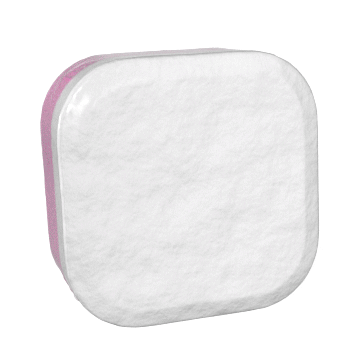
Doing the best for our planet and our wallets might not always go hand in hand but when it comes to the washing up… the answers might surprise you. But why should we be concerned by our household energy consumption?
If the planet warms by 2°C, 25% of the world will become drier.
- SUSTech, Shenzhen China and UEA.
So where does that leave us when it comes to washing up?
Energy.
We know it’s not cheap.
Currently most of us pay 34p for every kWh of electricity we use. Of course every machine is different and has different energy ratings but with the average dishwasher using around 1.1 kWh of energy per wash, this makes an energy cost of around 37.4p per load. Dishwashers take cold water from the mains and heat it within the machine. This is much more efficient than running something off a hot feed from your hot water tank.
But what about a washing up bowl of hot water?
The average electric immersion heater uses around 1.4 kWh of power to heat up 30 litres of water at a cost of around 48p. That’s about 1.6p per litre and with the average washing up bowl holding 10 litres of water each bowl could cost you around 16p.
But how many bowls’ worth of washing up water would you go through to wash everything that was stacked in a fully loaded dishwasher…? If you refill your washing up bowl just 3 times it could cost you 48p which is much more than the 37.4p used on a fully loaded dishwasher.
And you’ve also used more power so the washing up carbon footprint is higher. No surprise maybe to learn that the kitchen sink is in fact the source of most water-related carbon emissions in the home.
So if 3 washing up bowls are going to cost more for our wallets than a dishwasher cycle and they are also going to push up our carbon footprint for our washing up… how about saving water?
Dishwashers must surely be using more, right?
Water saving.
- Which? (the review platform) performed a series of tests in 2020 to examine the water use of household dishwashers and the results were astonishingly clear. Even the least water-efficient dishwasher still only used half the amount of water compared to washing up by hand.
- And with newer, more efficient dishwashers using just 10 litres of water on an eco setting cycle (which remember is the same amount of water as one washing up bowl holds) the Energy Savings Trust found that washing up by hand can use 9 times this if you are running items under a hot tap.
- Which? similarly found that the most water-efficient full-size dishwasher uses almost 10 times less water to wash the same amount of dishes as washing them up by hand.
- So it seems the dishwasher once again wins on the water challenge.
Getting the most from your dishwasher.

- Ditch the prewash. Experts agree it’s just not needed and wastes your water further. Just scrape off any food residue first and load it straight up.
- But the number one rule if you want to take advantage of those cost, carbon and water savings is to make sure your dishwasher is fully loaded before you turn it on. Many full-size dishwashers can wash up to 16 standard meal sets in one wash.
- And it’s that quantity of items you can wash all at once which is key here in making the difference.
- With a dishwasher… 16 dinner plates, side plates, glasses, cups, saucers, bowls and sets of cutlery all cleaned on an eco setting for around 37.4p, 1.1 kWh and 10 litres of water used.
- According to Which? the same amount of washing up carried out by hand would cost you a much greater £1.04, use over 5 kWh in energy and 80 litres of water (based on one bowl cleaning 2 complete dinner place settings).
But what if I don’t have a dishwasher?

Fear not. There are ways to wash-up wisely.
- Fill a bowl (or half of a split sink) with hot soapy water and another bowl (or half-sink) with clean hot water without any soap.
- Soak your dishes in the hot soapy water to loosen any debris. You’ll use less water and energy when the time comes to scrub them. Don’t hold them under a constantly running tap.
- Use the second bowl of clean hot water for rinsing.
- And to dry? Leave items to air or use a cloth tea-towel that can be washed and reused again and again.
This method has been shown to reduce the costs as well as the energy and water consumption involved with washing up by hand which is good to know especially for those of use without a dishwasher or those of us who will not fill one on a regular basis.

AND don’t forget our FREE TRIAL of smol dishwasher tablets. They’re award-winning, all-in-one, vegan and cruelty-free!







